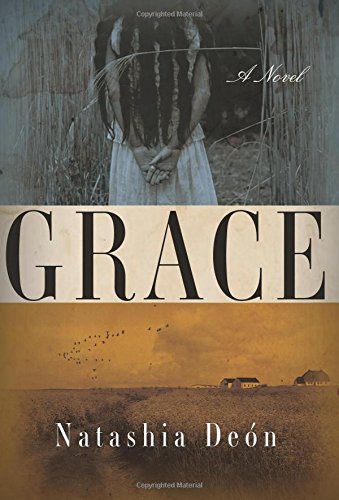Grace
In a twist on Toni Morrison’s Beloved, Natashia Deón spins a novel in which the young mother fleeing slavery dies, the baby survives, and the mother goes through the rest of the novel as a ghost. As Grace begins, the girl, Naomi, is in full flight toward freedom, but she is heavily pregnant, and the baby comes just as the slave hunters and their dogs overtake her.
By a small, amazing, and not really believable miracle the baby survives and Naomi follows her. She names the baby Grace, but the family that raises her calls her Josephine. While Naomi muses on her own life, she watches her daughter live hers, a neat device for covering many years.
Like Beloved, the novel is often violent; Morrison knew how to restrain this without blunting it, but Deón gets a little gaudy sometimes. The real pleasures of the novel are the closely observed moments, the great ear for dialog, the rhythms.
“You called me?” I say.
She washes her hand over her face, says, “I called you a long time go. Where were you?”
“I knocked but you was sleep.”
She strains her swollen eyes open, bends over her lap with her elbows on her knees.
“I was shootin marbles,” I say.
“I can tell you lying. The way your voice just rose.”
Beloved was, in the end, about forgiveness, but Grace is always about revenge. Sometimes it runs off the rails, but it’s still an interesting read.










